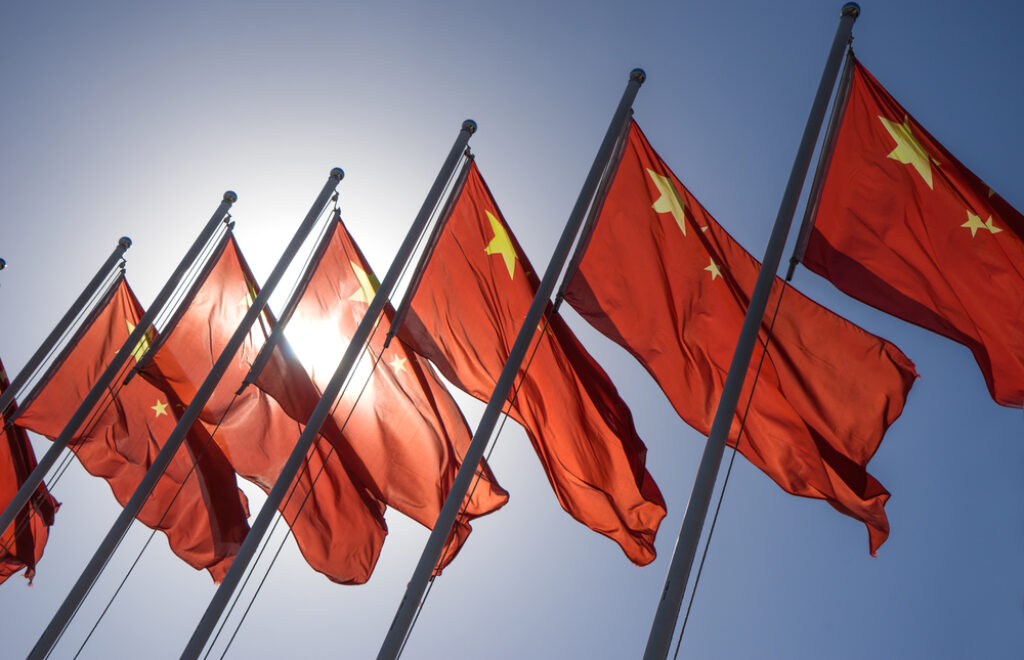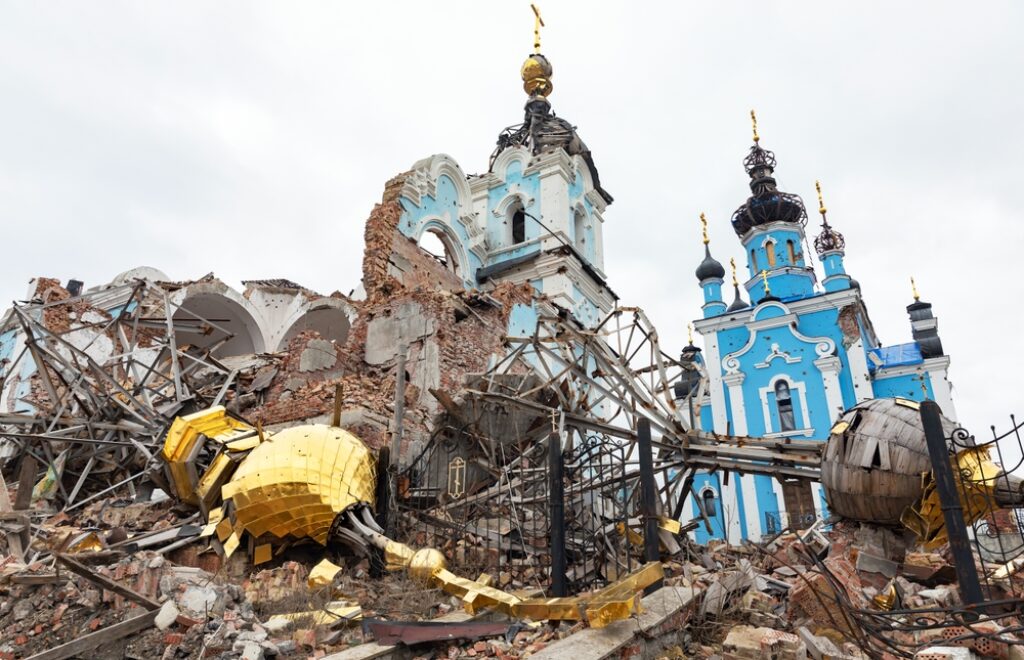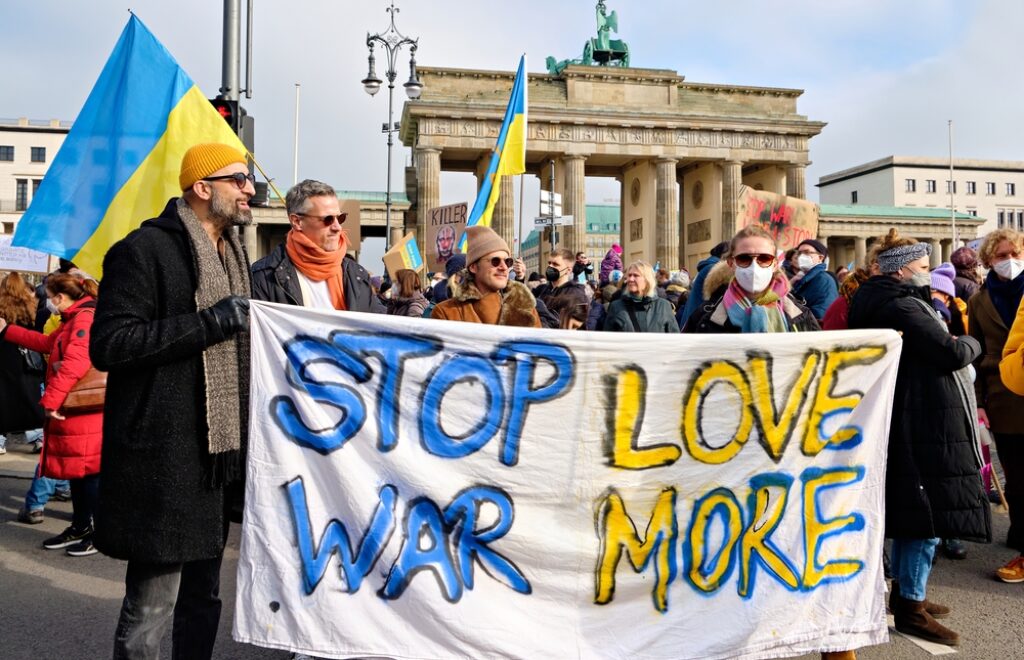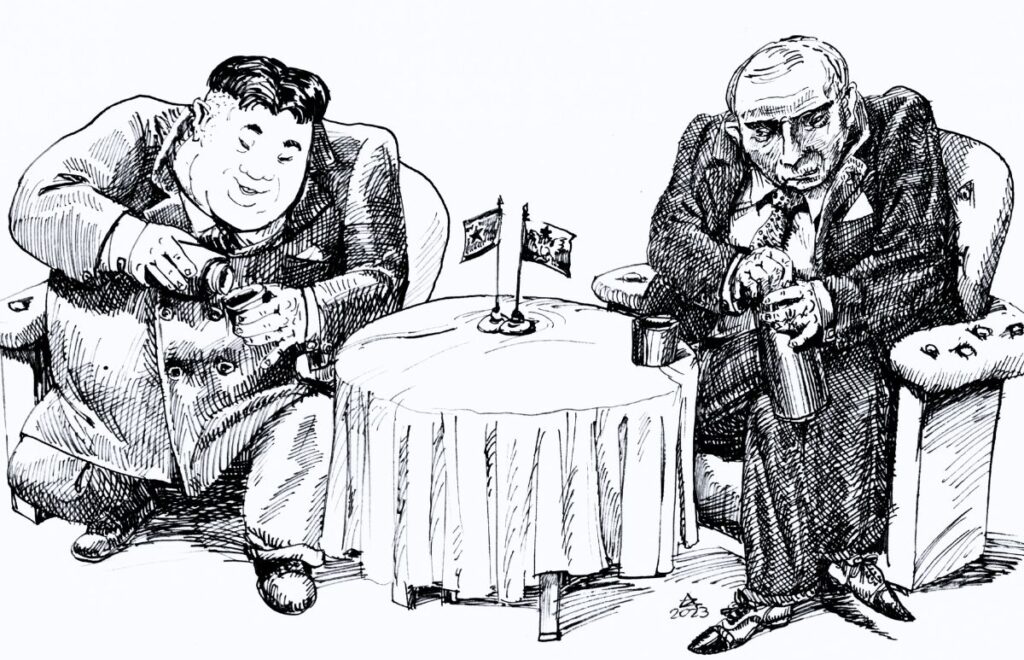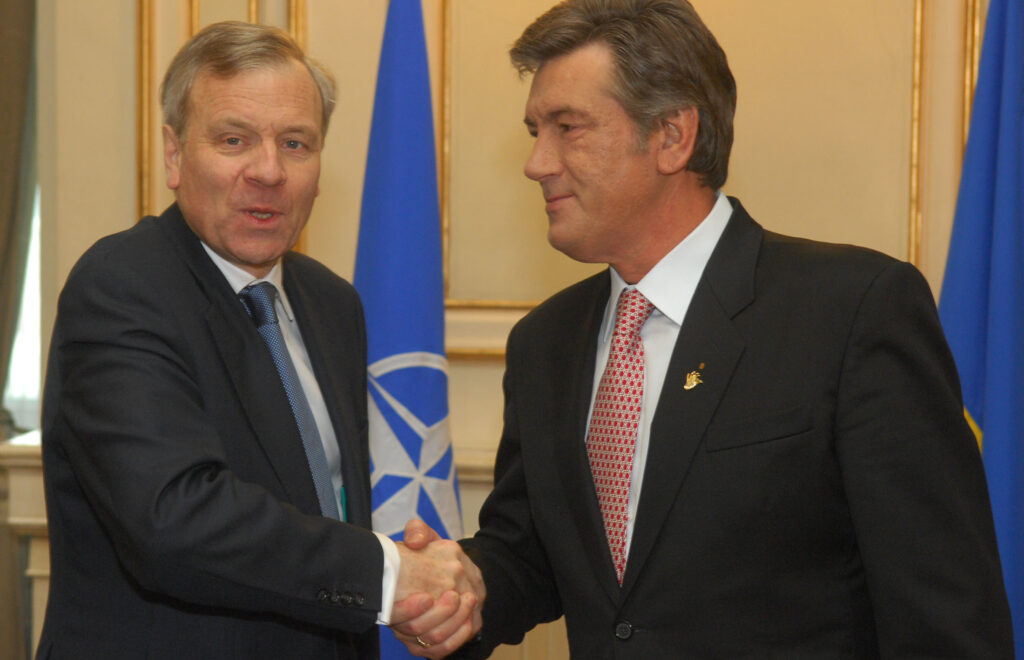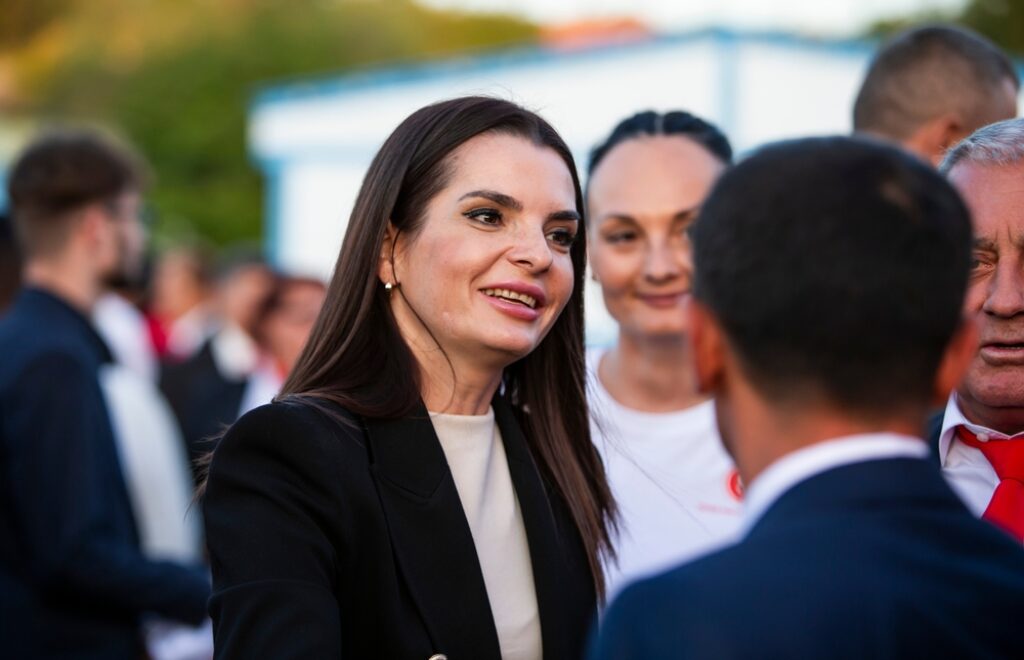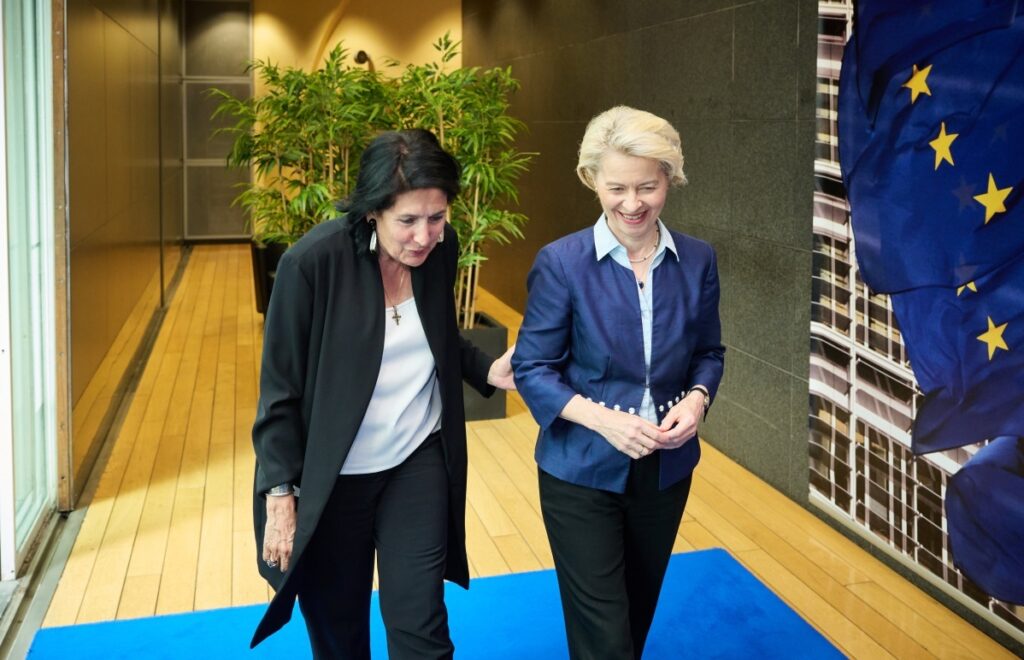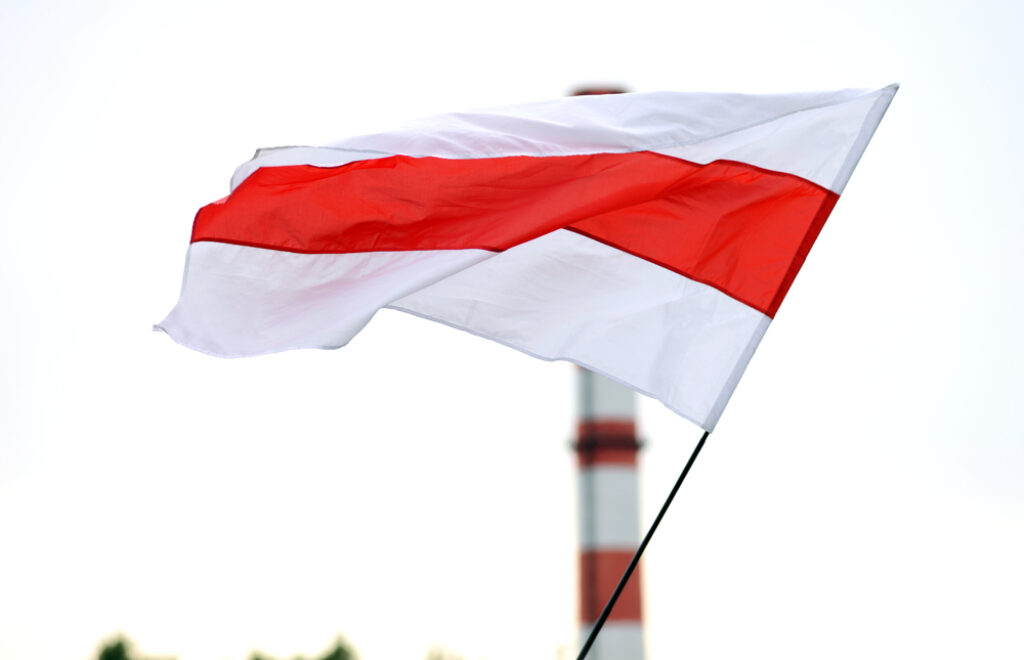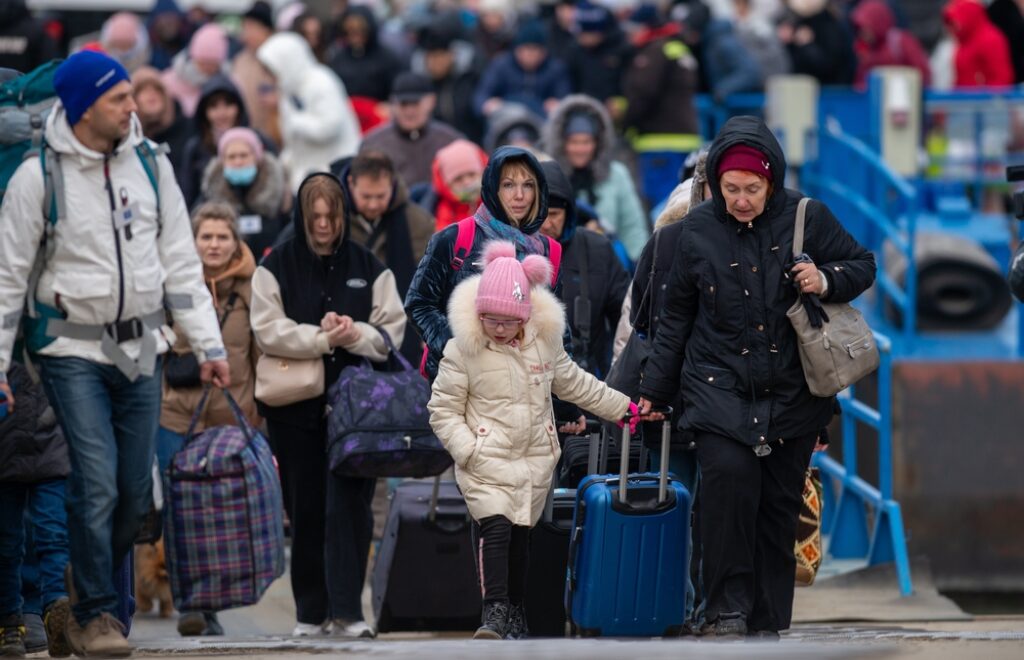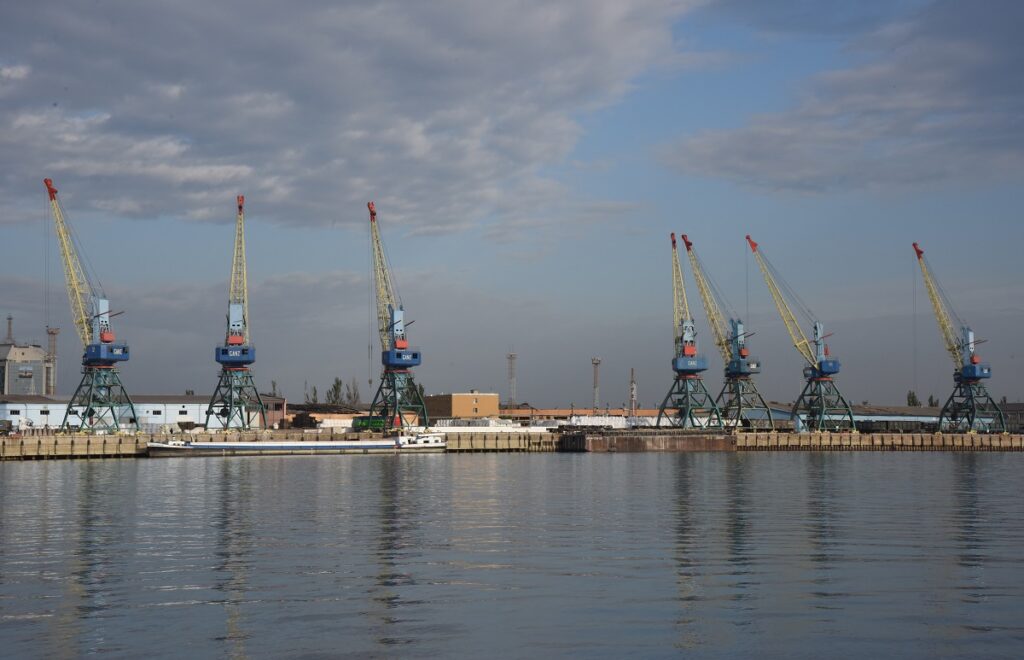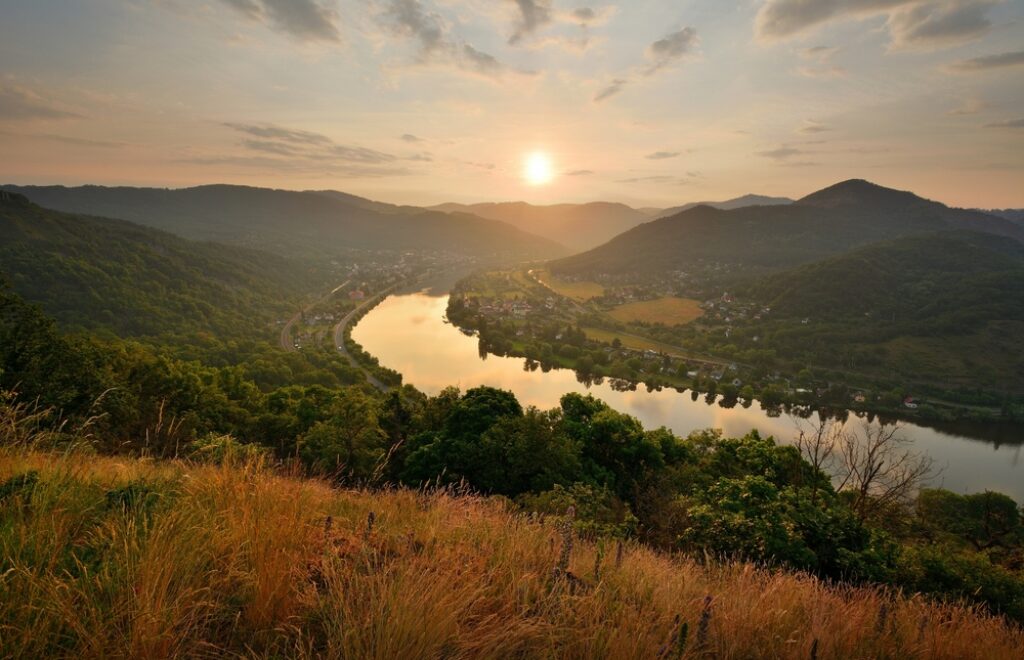Curbing China’s sway in Eastern Europe
The Russian full-scale aggression against Ukraine had an evident impact on regional and global ties in Eastern Europe. While Russia was seeking opportunities to attract more allies in its war of aggression, like Iran and North Korea, its major objective internationally was to create an alliance with China. However, China sees the Russia-Ukraine war as an opportunity to change the status quo and raise the stakes to outlast the United States economically and militarily.
November 20, 2023 - Vladyslav Faraponov


